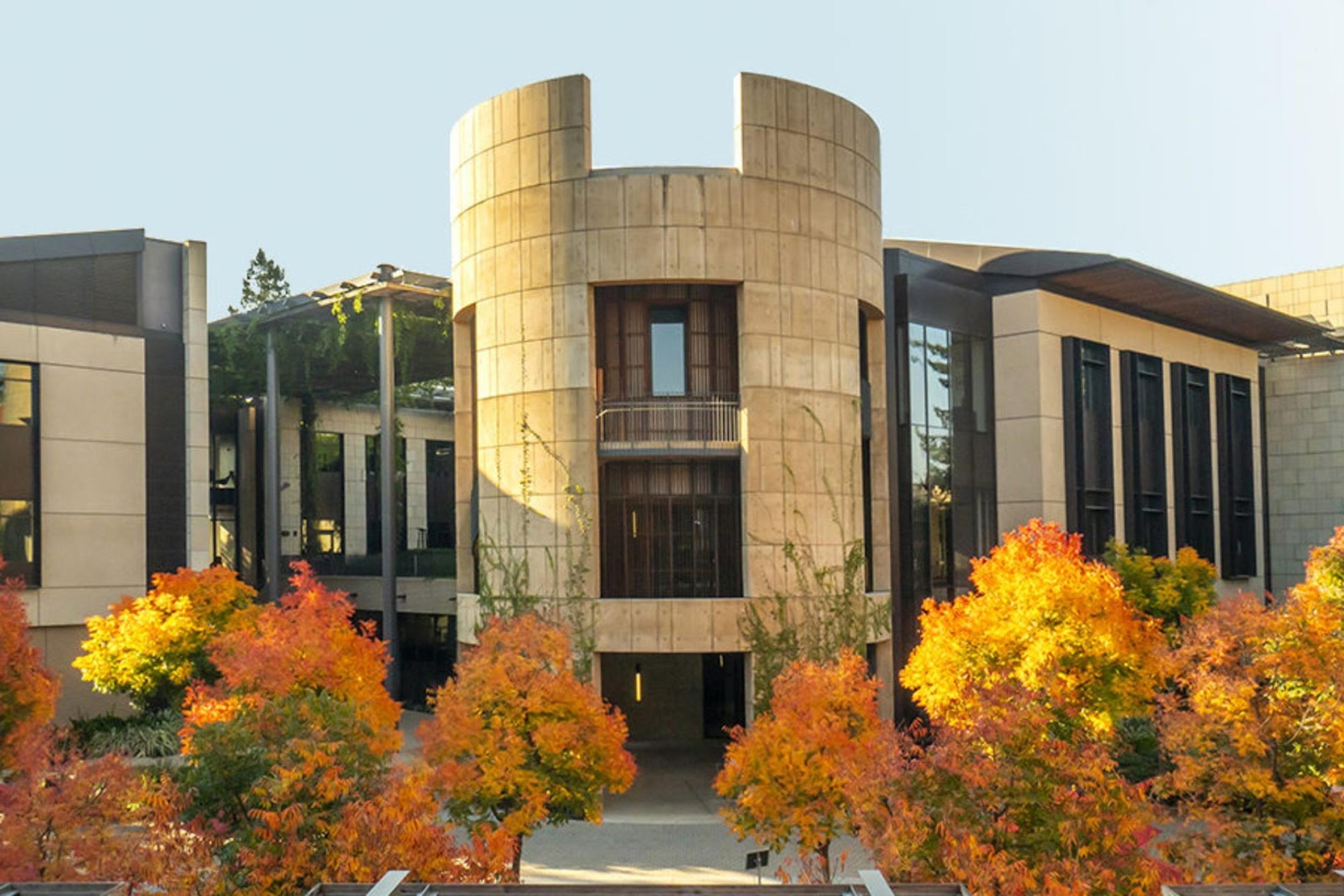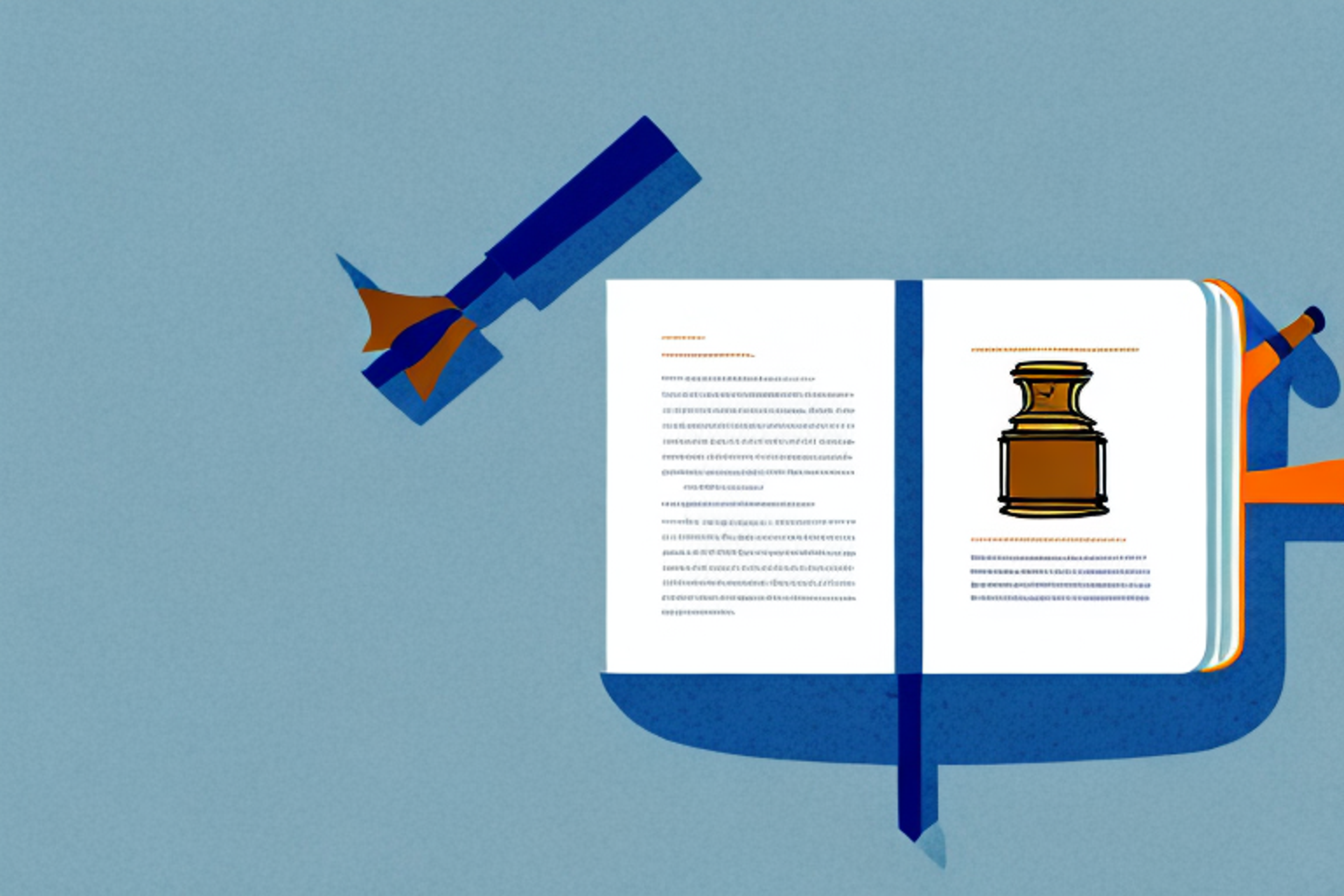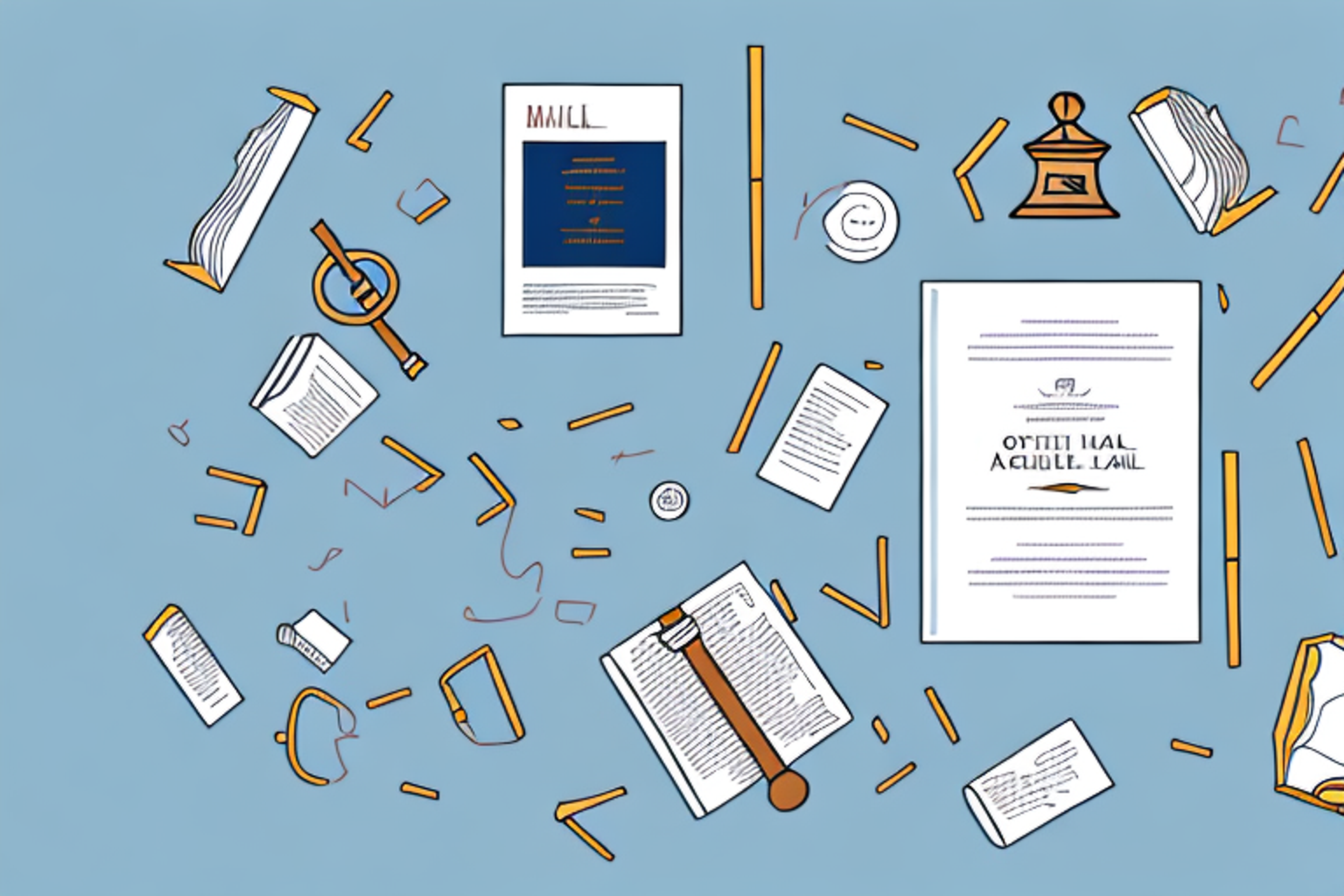Stanford Law Personal Statement — Overview & Analysis (2025)
Learn how to craft a standout personal statement for Stanford Law School with our expert tips and guidance.
Posted March 6, 2025

Stay in the loop. Go places.
Join 100,000+ others and receive free resources, exclusive event invites, and personalized support to reach your goals.
Table of Contents
Free Event

Featuring Indrani S.
What You Can Do NOW to Prepare for Your Law School Applications
Starting Monday, May 5
11:30 PM UTC · 60 minutes

Featuring Indrani S.
Crafting a personal statement for Stanford Law School is a critical step for law school applicants aiming to impress admissions committees. This guide offers a comprehensive breakdown of how to write a standout statement while highlighting key considerations for Stanford Law’s unique admissions process.
Read: How to Write a Powerful Personal Statement for Your Law School Applications
The Role of a Personal Statement in Law School Admissions
The personal statement is one of the most influential components of a law school application. For Stanford Law School, this document is an opportunity for applicants to articulate their aspirations, share their unique experiences, and connect their personal stories to the school's educational mission. Admissions committees evaluate these statements for qualities such as authenticity, superior academic achievement, and the ability to communicate constructively.
For prospective law students, the personal statement is also a chance to demonstrate why they are uniquely prepared to attend law school. Whether through academic achievements, life experiences, or professional accomplishments, applicants should aim to show how their journey aligns with the rigorous expectations of a top-tier institution like Stanford Law. Highlighting specific examples that resonate with Stanford's values—such as a commitment to public service or an innovative approach to legal challenges—helps bridge the gap between personal goals and the school's mission.
A strong personal statement not only outlines the applicant's commitment to the legal profession but also reflects how their values align with Stanford Law’s focus on public service and innovation in legal studies. By doing so, applicants can emphasize how they will contribute to the diverse and driven community of law students at Stanford, showcasing their readiness to thrive in both the academic and collaborative environment.
Personal Statement Requirements of Stanford Law School
Stanford Law School's personal statement prompts applicants to describe how their background, achievements, and perspectives will contribute to the law school’s community and the legal profession. Unlike other law schools, Stanford emphasizes diversity, encouraging applicants to include optional essays that explore their socioeconomic status, military service, sexual orientation, or gender identity.
While optional short Stanford law essays are not mandatory, they offer an excellent opportunity to provide additional insights that align with the admissions committee's reviews. Law school applicants can also highlight particular skills or public interest law ambitions, further demonstrating their fit with Stanford's programs.
Personal Statement Requirements of Stanford Law School
Stanford Law School’s personal statement invites applicants to describe how their background, achievements, and perspectives will contribute to both the Stanford Law community and the broader legal profession. This requirement encourages applicants to go beyond academic achievements and resumes, offering a narrative that captures their unique experiences, motivations, and values.
Key Elements of the Personal Statement
The admissions committee seeks statements that are authentic, reflective, and demonstrate a clear connection between the applicant’s aspirations and the school's mission to prepare leaders in law and public service.
Applicants should focus on:
- Sharing personal experiences or challenges that shaped their journey.
- Highlighting accomplishments that demonstrate preparedness for the rigors of law school.
- Showcasing diverse viewpoints or unique life experiences that align with Stanford Law’s commitment to fostering a dynamic and inclusive student body.
Strategic Advantage of Optional Essays
Stanford Law also provides applicants with the opportunity to submit optional short essays that delve into specific aspects of their identity or experiences. These essays are particularly valuable for candidates who want to expand on areas such as:
- Discussing how financial or social challenges influenced their path.
- Reflecting on how serving in the military shaped their perspective.
- Exploring personal insights related to diversity and inclusion.
While these optional essays are not required, they are highly encouraged, as they allow applicants to offer additional insights into their personal and professional journeys. This can significantly strengthen the application by providing a more holistic view of the candidate’s fit for Stanford Law’s graduate school programs.
Demonstrate Fit with Stanford Law’s Values
In your personal statements and optional essays, applicants can highlight:
- Particular skills such as leadership, resilience, or problem-solving abilities.
- Public Interest Law to demonstrate a commitment to advancing social justice and serving underrepresented communities.
- Alignment with Stanford Law Programs, explaining how the school’s offerings, such as international legal studies or its focus on innovation, resonate with their goals.
A thoughtfully crafted personal statement, supplemented by optional essays, provides an excellent platform to showcase qualifications, communicate unique perspectives, and emphasize readiness for the challenges and opportunities of Stanford Law School.
Personal Statement Structure
Crafting a compelling personal statement for Stanford Law School requires a clear and intentional structure. Each section—introduction, body, and conclusion—should work together to tell a cohesive and memorable story that highlights the applicant’s qualifications, motivations, and aspirations.
Introduction
The introduction serves as the first impression and should immediately capture the reader’s attention. A strong opening sets the tone for the entire statement. Applicants can begin with a personal anecdote that illustrates a key moment in their journey toward law school or reflect on a transformative life event that shaped their decision to pursue a legal education.
It is essential to clearly articulate motivations for attending law school, connecting these to both personal experiences and the unique opportunities offered by Stanford Law School. By establishing a compelling narrative at the outset, applicants set the stage for the rest of the statement.
Body
The body of the personal statement provides the depth and detail necessary to substantiate the applicant’s story. This section should demonstrate key qualifications by highlighting academic achievements, professional accomplishments, or personal experiences that reflect readiness for the demands of Stanford Law. Using vivid examples brings these experiences to life.
For instance, an applicant might describe how their involvement in public interest law initiatives inspired a passion for serving underrepresented communities or how a particular challenge helped them develop resilience and leadership skills. The body should also connect past experiences to future goals, such as pursuing international legal studies or contributing to social justice efforts. By emphasizing specific examples and detailed narratives, applicants can effectively showcase their skills, perspectives, and aspirations.
Conclusion
The conclusion provides an opportunity to leave a powerful and lasting impression on the admissions committee. It should reinforce the applicant’s passion for law, summarizing their deep commitment to pursuing a legal career. This section should also emphasize alignment with Stanford Law’s mission by connecting the applicant’s aspirations and values to the school’s focus on innovation, diversity, and public service.
To end on a strong note, applicants might include a forward-looking vision of their future in law, a memorable reflection that encapsulates their journey, or a poignant call to action that highlights their readiness to contribute to Stanford’s community. Rather than merely restating earlier points, the conclusion should bring the narrative full circle, leaving the reader with a clear sense of the applicant’s dedication and potential.
About Stanford Law Optional Essays
Stanford Law School’s application process includes the option to submit additional short essays, which can significantly enhance an applicant's overall submission. These optional essays allow candidates to provide deeper insights into their experiences, perspectives, and values, offering a more holistic view of their qualifications. While not mandatory, they are an excellent opportunity to further distinguish an application.
Applicants can use these essays to explore topics such as diversity, significant life experiences, or how their background aligns with Stanford Law’s mission and values. For instance, candidates might elaborate on how socio-economic challenges or military service have shaped their perspectives and goals, emphasizing the unique contributions they can bring to the student body.
Additionally, optional essays provide a platform to highlight specific interests or qualifications that support readiness for Stanford Law’s rigorous academic environment. Discussing advanced studies in legal topics, meaningful community contributions, or alignment with Stanford Law School programs demonstrates thoughtful engagement and preparation. These essays enable applicants to go beyond the personal statement, reinforcing their fit for Stanford’s community and the legal profession.
Common Mistakes to Avoid in Personal Statements
Crafting a strong personal statement is critical for law school applications, and avoiding common errors can make a significant difference. Here are key mistakes to avoid and strategies to ensure your personal statement stands out.
- Failing to proofread for clarity and precision undermines the credibility of your application.
- Ignoring Stanford Law’s expectations weakens your ability to connect with the school’s mission.
- Using generic language or clichés makes your narrative less engaging and impactful.
- Failing to demonstrate a clear connection to Stanford Law reduces the statement’s relevance.
- Not following a logical structure confuses readers and detracts from your message.
- Overloading with information diminishes focus and weakens the clarity of your story.
- Failing to show rather than tell makes your examples less compelling and vivid.
- Neglecting authenticity makes your statement feel impersonal and disconnected.
- Omitting relevant keywords can reduce the alignment of your statement with expectations.
Making the Statement Memorable
Admissions committees value applicants who can communicate effectively and present a unique perspective. Incorporating terms like “strong essays,” “well-written,” and “academic work” shows attention to detail and professionalism. Highlighting diversity, such as contributions to public interest law or experiences with the school's educational mission, further enriches the narrative.
Using a compelling structure, emphasizing authenticity, and tailoring content to Stanford’s values significantly enhance the chances of being offered admission.
How Top Law School Admissions Coaches Can Help
Securing admission to a top-tier institution like Stanford Law School requires a strategic and polished approach to crafting your personal statement. Working with experienced law school admissions coaches can make a significant difference in this process. These experts provide tailored guidance on structuring your narrative, highlighting specific examples, and aligning your story with Stanford’s educational mission.
They can also help you leverage optional essays to strengthen your application further. By collaborating with knowledgeable professionals, applicants can maximize their chances of presenting a compelling case for admission to one of the most prestigious law schools in the world.
Top Coaches
Read next:
- How to Write a Compelling Personal Statement for University of Chicago Law School
- How to Write a Compelling Personal Statement for University of Pennsylvania Carey Law School
- How to Write a Compelling Personal Statement for Duke University School of Law
- How to Write a Compelling Personal Statement for Georgetown University Law Center
- How to Write a Compelling Personal Statement for University of Southern California Gould School of Law
FAQs
Is there a specific format or font requirement for the personal statement?
- Stanford Law School does not mandate a specific format or font for the personal statement. However, it is advisable to use a standard, professional font such as Times New Roman or Arial, in 11 or 12-point size, with double-spacing and one-inch margins to ensure readability.
Can I submit an addendum alongside my personal statement?
- Yes, applicants may submit an addendum to address any aspects of their application that may require further explanation, such as discrepancies in academic records or gaps in employment. This should be concise and directly relevant to the information needing clarification.
How does the personal statement differ from the optional essays?
- The personal statement is a required component where applicants discuss their life experiences, interests, and character, highlighting how they can contribute to Stanford Law School. Optional essays, on the other hand, provide an opportunity to elaborate on specific topics, such as encountering contrasting viewpoints, allowing applicants to showcase additional dimensions of their experiences and perspectives.
Should I address my interest in specific Stanford Law programs within my personal statement?
- While not mandatory, discussing particular programs or aspects of Stanford Law that align with your interests can demonstrate a well-researched and genuine enthusiasm for the school. This can help illustrate how you plan to engage with the community and resources available at Stanford.
Is it acceptable to mention personal experiences with the legal system in my personal statement?
- Yes, sharing personal experiences with the legal system can be impactful, especially if these experiences have influenced your decision to pursue a legal career. Ensure that such narratives are presented thoughtfully and reflectively, focusing on how they have shaped your perspectives and aspirations.
Can creative writing elements be incorporated into the personal statement?
- While the personal statement should maintain a professional tone, incorporating creative writing elements, such as storytelling or vivid descriptions, can make your narrative more engaging. The key is to balance creativity with clarity, ensuring that your message remains coherent and effectively communicates your qualifications and motivations.










